DAO Voting Power Calculator
Your Voting Power Calculator
How Voting Works
Token-Based Model
1 token = 1 vote. Simple but can lead to plutocracy.
Quadratic Voting
Cost = votes². Makes it expensive for whales to dominate.
Liquid Democracy
Vote directly or delegate to experts.
Your Voting Influence
Calculate your powerEnter your token amount and select a model to see your voting power
Imagine a company where no CEO makes the final call. No board meets behind closed doors. Instead, every decision - from how money is spent to what features get built - is voted on by anyone who holds a special digital token. This isn’t science fiction. It’s how DAOs work today. And at the heart of it all are governance tokens.
What Exactly Are Governance Tokens?
Governance tokens are digital assets that give holders the right to vote on changes in a decentralized organization. Unlike regular cryptocurrencies like Bitcoin or Ethereum, these tokens aren’t just for trading or storing value. They’re tools for control. The more tokens you hold, the more influence you have. It’s simple: one token, one vote. These tokens run on blockchain networks, mostly Ethereum, and are built using standards like ERC-20Votes. That means they can track who owns what, record votes on-chain, and even let people delegate their vote to someone else. No middlemen. No paperwork. Just code. Most governance tokens don’t have minting or pausing functions. That’s intentional. It means the creators can’t suddenly make more tokens or freeze your ability to vote. Once the smart contract is live, the rules are fixed. That’s what makes them trustless - you don’t need to trust a person. You trust the code.How Voting Actually Works in a DAO
Voting in a DAO happens in two main ways: on-chain and off-chain. On-chain voting means the vote is recorded directly on the blockchain. Every vote costs gas (a small fee paid in ETH), and once a proposal passes, the smart contract automatically carries it out. This is used for high-stakes decisions like treasury spending or protocol upgrades. Compound and Uniswap use this method for critical votes. Off-chain voting, on the other hand, happens on platforms like Snapshot. No gas fees. No blockchain recording. It’s a poll - quick, cheap, and good for gathering community sentiment before a real vote. Many DAOs use Snapshot to test ideas first. If 80% of token holders support a change on Snapshot, they’ll likely bring it on-chain for the final vote. You don’t need to be a coder to participate. But you do need a wallet (like MetaMask), some tokens, and a basic understanding of what the proposal is asking. Most DAOs have Discord servers or forums where people explain proposals in plain language. Some even post video breakdowns.The Five Main Governance Models
Not all DAOs vote the same way. Here are the five most common models - and why they matter.1. Token-Based Governance
This is the default. If you hold 1% of the tokens, you get 1% of the votes. It’s easy to understand and hard to game. MakerDAO and Uniswap use this model. It works great until one wallet holds 30% of the supply. Then that one holder can pass any proposal, no matter what the rest of the community thinks. That’s the plutocracy problem.2. Reputation-Based Governance
Instead of counting tokens, this system counts contributions. Have you written docs? Fixed bugs? Moderated forums? You earn reputation points. Reddit’s crypto community used something similar with “moon tokens” given for helpful posts. The idea: long-term contributors get more say, not just the richest. But it’s messy. How do you measure “value”? Who decides what counts? And what about newcomers? They get locked out.3. Liquid Democracy
This one’s clever. You can vote directly - or delegate your vote to someone you trust. Maybe you don’t have time to read every proposal. So you assign your vote to a community expert. That person can vote on your behalf. But you can take your vote back anytime. This combines direct democracy with representation. It’s used in Polkadot and some smaller DAOs. It reduces voter fatigue and boosts participation.4. Quadratic Voting
Here’s the math: if you want to cast 9 votes, it costs you 81 token units (9²). If you cast 3 votes, it costs 9 (3²). This makes it expensive for big holders to dominate. A small holder with 10 tokens can cast 3 votes. A whale with 1,000 tokens can only cast 31. It levels the playing field. But it’s complex. And it’s rare - only a few experimental DAOs use it.5. Hybrid Models
The smartest DAOs don’t pick just one. They mix. Uniswap’s v4 update in September 2024 added a hybrid system: core protocol changes need token votes, but community feedback is gathered off-chain. Treasury spending might require both reputation score and token weight. This balances efficiency with fairness. It’s the future.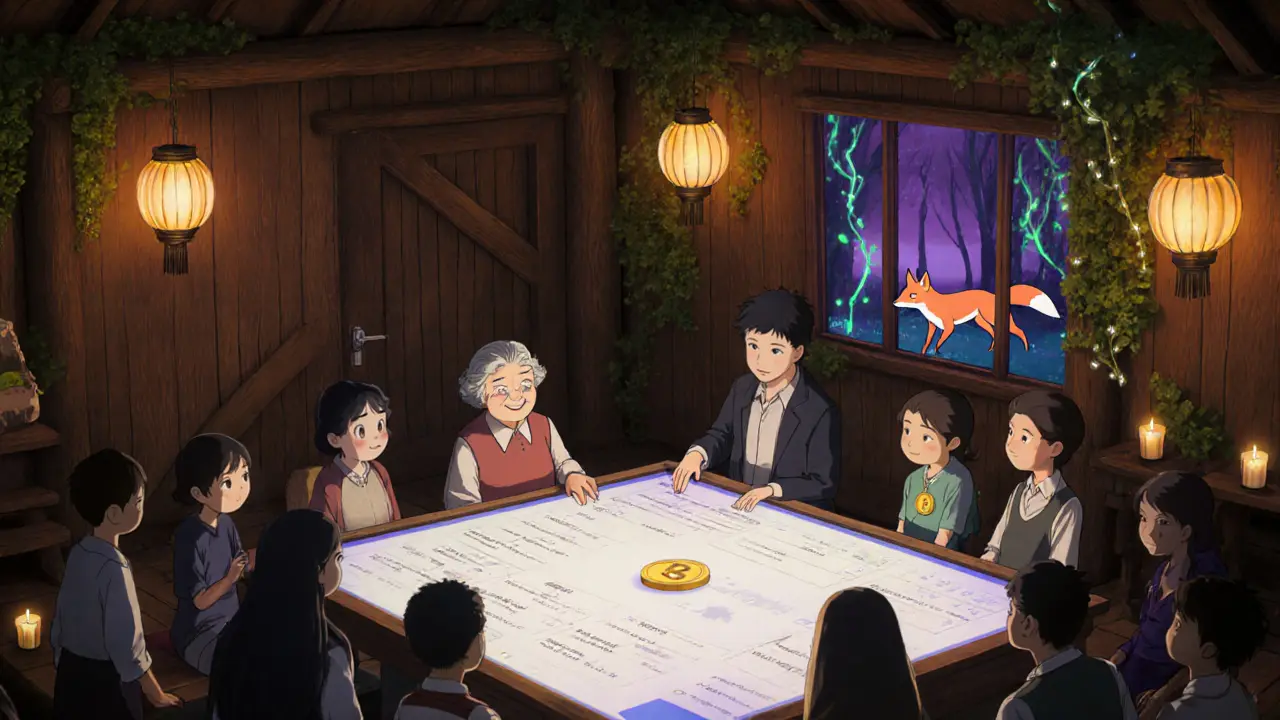
Who’s Actually Voting? And Why So Few Do
Over 1.3 million people hold governance tokens across major DAOs. But how many vote? Less than 5%. Why? Three big reasons:- Gas fees - Voting on Ethereum can cost $10-$50. That’s a lot for a small holder.
- Complex proposals - Many are written in dense technical jargon. You need to understand smart contracts, fee structures, or liquidity pools to vote wisely.
- Time - Reading a proposal, checking forums, watching Discord threads - it’s a full-time job.
What You Need to Get Started
If you want to join a DAO and vote, here’s your checklist:- Get a wallet - MetaMask or Coinbase Wallet. Keep your seed phrase safe.
- Buy governance tokens - Buy them on Uniswap, Coinbase, or Kraken. Look up the token address - don’t trust random links.
- Join the DAO’s community - Discord, Telegram, or Discourse forums. Read the rules.
- Learn the voting platform - Tally for on-chain, Snapshot for off-chain. Most have tutorials.
- Start small - Vote on one low-stakes proposal. See how it works.

The Big Challenges
Governance tokens promise democracy. But reality is messier.- Whales control votes - A few wallets hold most tokens. They can push through changes that benefit them, not the community.
- Sniper attacks - Someone rents a bunch of tokens just before a vote, pushes through a bad proposal, then sells. Happened in 2023 with a DeFi project.
- Legal gray zones - Is a governance token a security? The SEC hasn’t said. Switzerland and Singapore are clear. The U.S. isn’t.
- Low participation - If only 3% vote, is it really democratic? Or just a facade?
Why This Matters
DAOs aren’t just tech experiments. They’re a new way to organize. Companies, funds, even art collectives are moving to token-based governance because it’s transparent, global, and resistant to corruption. You don’t need permission to join. You don’t need a resume. You just need a token and a voice. That’s powerful. The future won’t be ruled by boards. It’ll be shaped by communities - voting, debating, and building together. Governance tokens are the keys to that future. Not perfect. Not easy. But revolutionary.What is the difference between a governance token and a regular cryptocurrency?
A regular cryptocurrency like Bitcoin or Ethereum is mainly used for trading, storing value, or paying fees. A governance token gives you voting rights in a decentralized organization. You can propose changes, vote on upgrades, or decide how funds are spent. It’s not about price - it’s about power.
Can I vote without owning tokens?
No. Voting power is tied directly to token ownership. But you can still participate by joining discussions, helping explain proposals, or delegating your vote to someone else if you later acquire tokens. Some DAOs also have community roles that let non-token holders contribute - but only token holders get to vote.
How do I know if a DAO proposal is safe?
Check the proposal’s audit status. Look for independent reviews from firms like CertiK or OpenZeppelin. Read the comments in the DAO’s forum - other members often spot risks. If the proposal changes how funds are spent or how tokens are distributed, be extra cautious. Never vote without understanding the full impact.
Do I need to pay gas fees to vote?
Only for on-chain votes. Those cost gas, usually in ETH. Off-chain votes on Snapshot are free. Many DAOs use off-chain polls first to gauge support, then only bring high-impact proposals on-chain. If gas is too high, wait for a Layer 2 chain like Polygon or Arbitrum - voting there can cost less than $0.10.
What happens if I sell my governance tokens?
You lose your voting rights immediately. Governance tokens are not like shares in a company - they don’t carry rights permanently. The moment you transfer them, the new owner gets the vote. That’s why some people hold tokens long-term - to keep influence over the project’s future.
Are DAOs legal?
Legality varies by country. In Switzerland and Singapore, DAOs can register as legal entities. In the U.S., the SEC hasn’t given clear rules - but they’ve warned that governance tokens might be classified as securities. Always check your local regulations before investing or voting.
Can a DAO be hacked or manipulated?
Yes. Smart contracts can have bugs. And if one wallet controls most tokens, they can force bad votes - called a “governance attack.” In 2023, a hacker rented 10 million tokens for a few hours and passed a proposal that drained funds. That’s why many DAOs now require time delays on major votes and multi-sig fallbacks. Always check if a DAO has safeguards in place.
How do I find DAOs to join?
Start with the biggest: Uniswap, Compound, MakerDAO, Aave. Visit their official websites and look for a “Governance” section. You’ll find links to their voting platforms and Discord servers. Use tools like DAOHaus or Snapshot to explore active proposals. Don’t jump into new, unknown DAOs - stick to well-audited projects first.
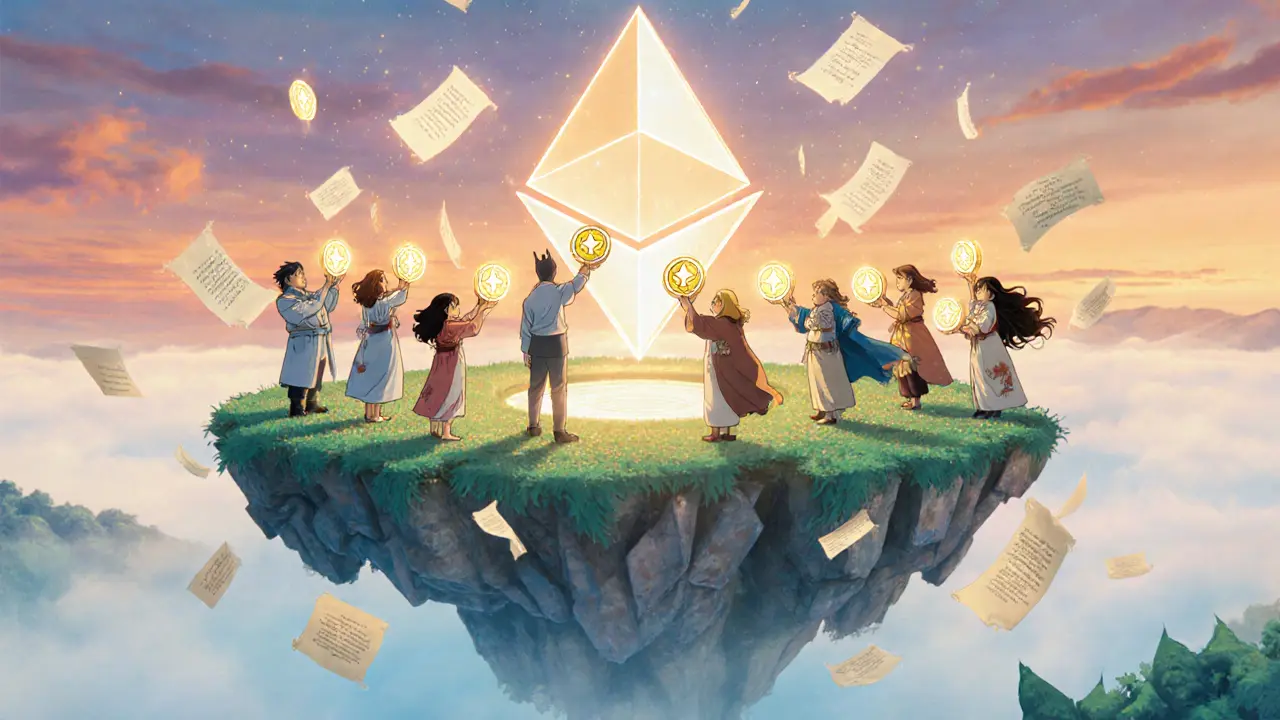

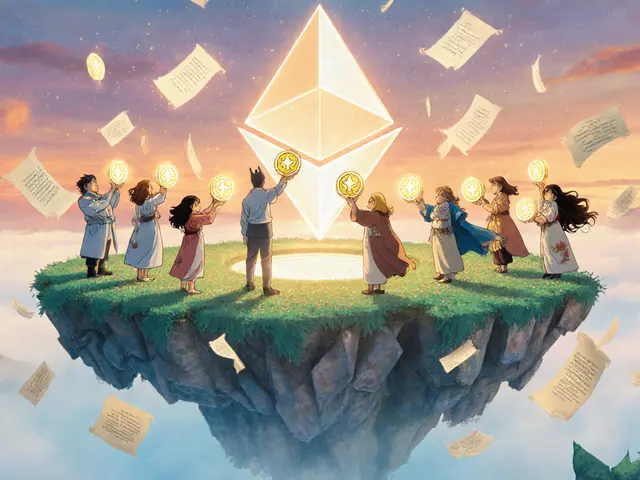

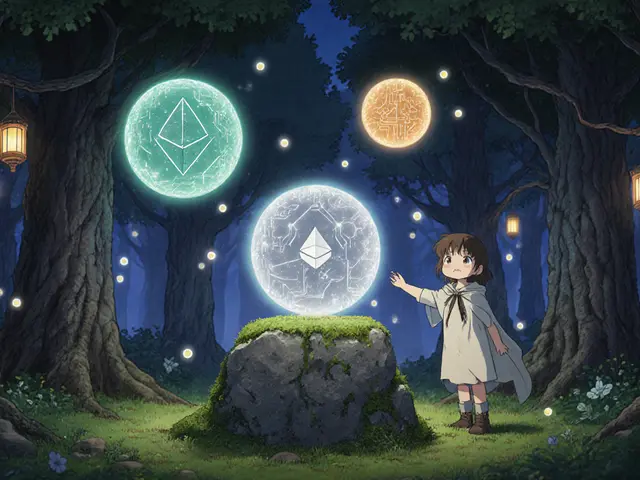

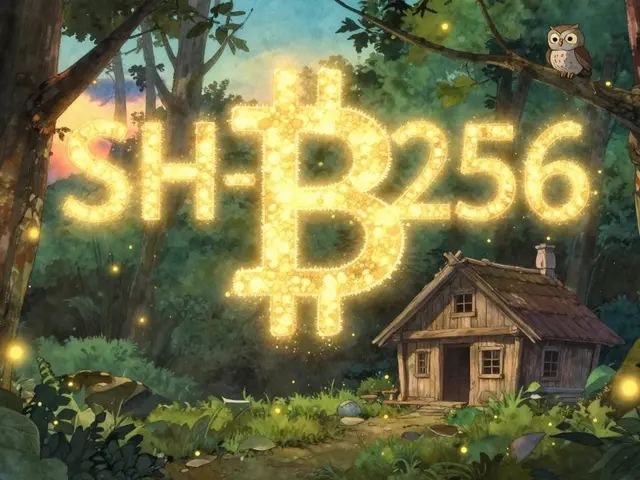
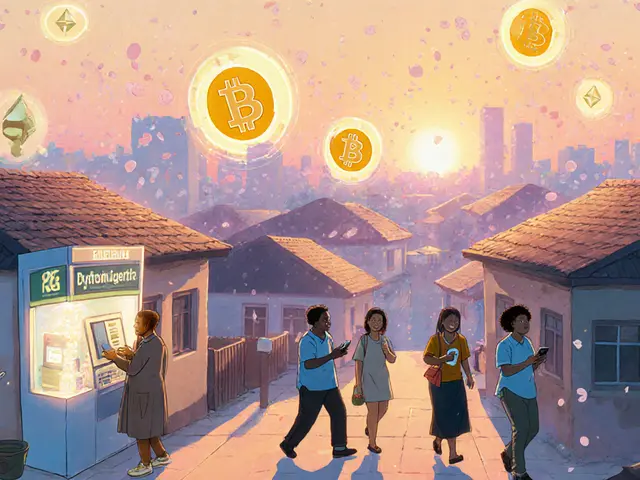
Write a comment
Your email address will be restricted to us